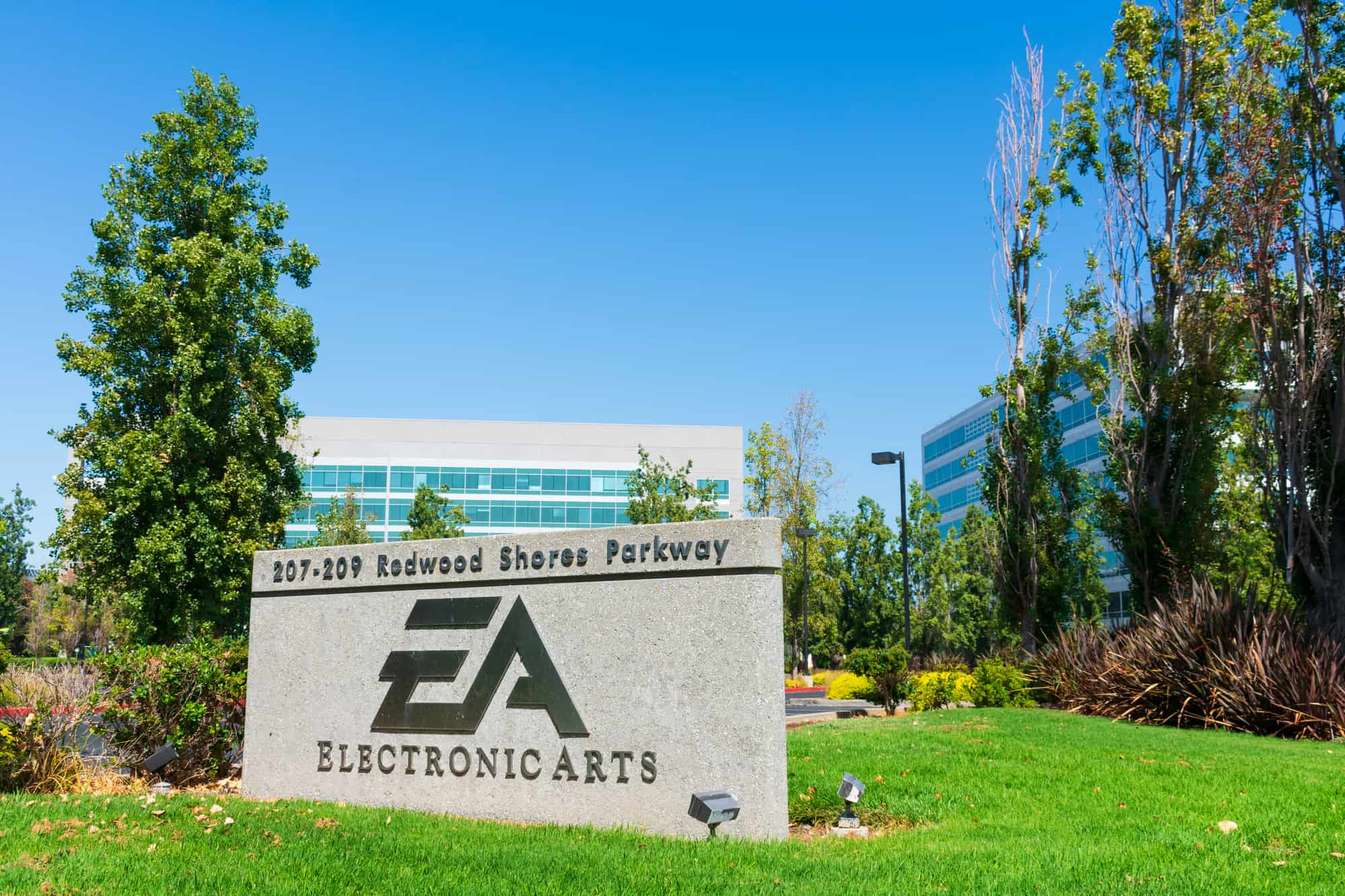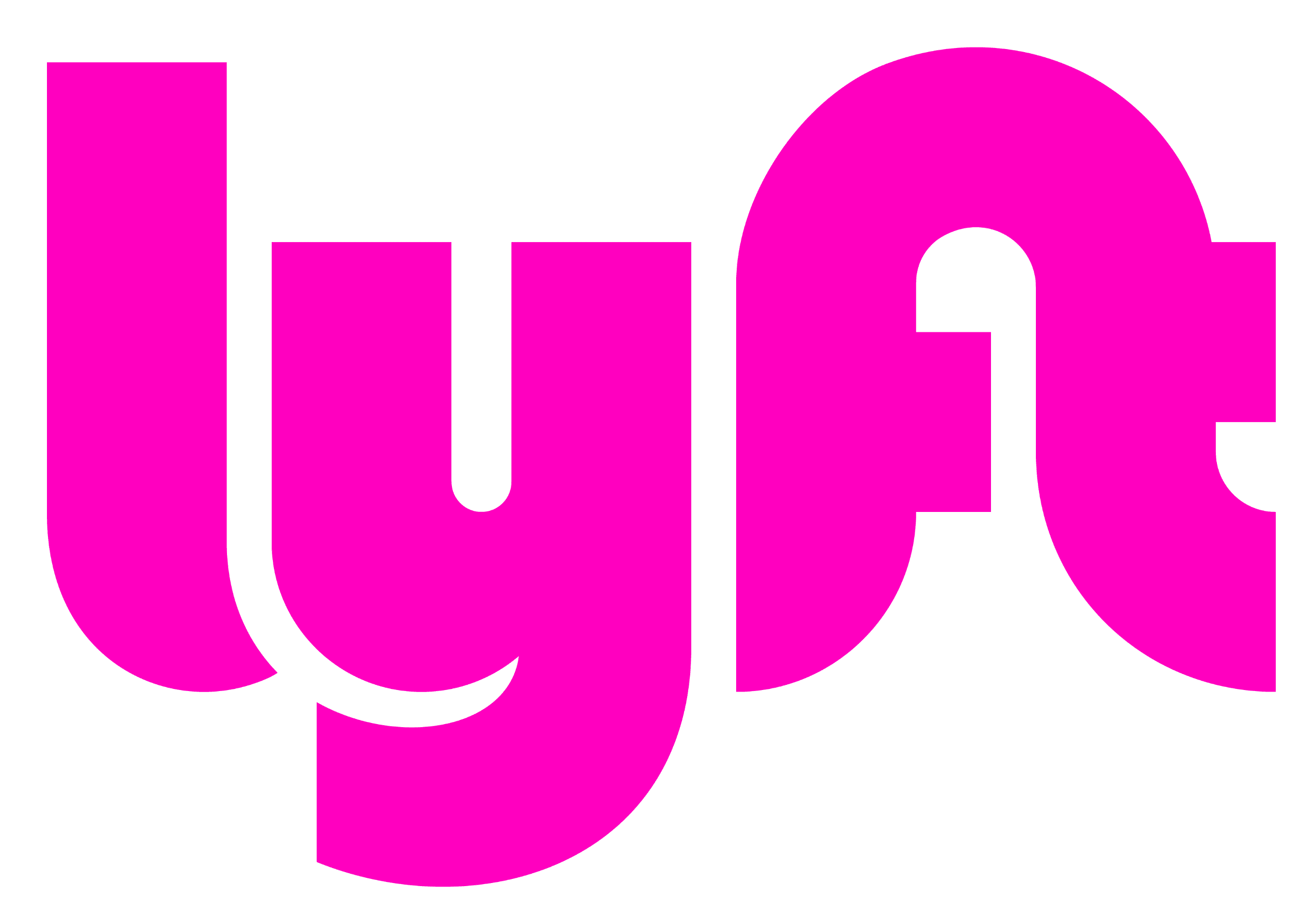Coding bootcamps are programs that usually cover the fundamentals of web development. While many online coding bootcamps can cost thousands of dollars, free coding bootcamps can be a great option for those who want to explore coding, hone specific skills, and determine if programming is right for them without spending the money for a traditional bootcamp.
We’ve compiled the best free coding bootcamps that offer the most comprehensive curriculum to the broadest range of students. We also prioritized programs that are flexible enough to fit into a student’s already busy schedule.
In this guide, we’ll cover:
- Top 10 Free Coding Bootcamps Online
- In-Person Free Coding Bootcamps
- Tips for Free Coding Bootcamps
- Methodology
Top 10 Free Coding Bootcamps Online
1. Codecademy
- Location: Remote
- Time commitment: Self-paced (longer courses take up to 25 hours to complete)
- Eligibility criteria: Anyone
Codecademy’s basic plan gives you access to more than 40 free courses, including introductory classes to help you decide which programming language to learn and in-depth language learning programs. Each lesson includes projects, quizzes, and AI-generated feedback. Students also have access to a community to connect with and get help from other students. Because the free plan with Codecademy includes courses to help newcomers figure out their coding and career goals, it’s a great resource, even for absolute beginners.
Additionally, Codecademy has upgraded paid subscription plans, which include more advanced courses, personalized learning paths, and career guidance. Some college students may also be eligible for discounts on paid plans.
2. Ada Developers Academy
- Location: Remote, Atlanta, Seattle, DC (Coming 2023)
- Time commitment: Full-time, Monday through Friday, for 11 months
- Eligibility criteria: Intermediate-level coders aged 21+ who can commit to the schedule, especially women, gender-expansive coders, and those from underserved and disadvantaged communities
Ada Developers Academy is a nonprofit primarily designed to serve women and gender-expansive adults. The academy is a rigorous six-month classroom bootcamp, followed by a five-month internship with a partner organization. This is not a course designed for beginners, though. Students are encouraged to take the Ada Build program (a coding fundamentals program) before applying to the academy.
Those accepted into the program have a lot of support throughout the classroom and internship experiences. Additionally, students are paid a living stipend during the five-month internship. Certain students may also be eligible for financial assistance to cover living expenses during the six-month classroom bootcamp.
3. freeCodeCamp
- Location: Remote
- Time commitment: Self-paced (each program takes around 300 hours to complete)
- Eligibility criteria: Anyone
The freeCodeCamp curriculum is broken down into certifications, with each certification program taking around 300 hours to complete. These programs include deep dives into responsive web design, JavaScript algorithms, and front-end development libraries. Additionally, there is a coding interview prep course for students preparing for technical job interviews. However, there is very little support from freeCodeCamp instructors during the programs.
Students do get access to a freeCodeCamp alumni network, though. Each certification also comes with a certificate for students who complete the program and pass the final tests.
>>MORE: Learn the different types of software engineers and how to know which path is right for you.
4. Flatiron School
- Location: Remote
- Time commitment: Self-paced
- Eligibility criteria: Anyone
Flatiron School offers four free prep courses in software engineering, data science, cybersecurity, and product design, as well as a career readiness program. These programs are designed to prepare you for a more intense bootcamp, such as Flatiron’s paid bootcamp programs. While the programs are robust in curriculum, they are accessible for complete beginners, and students can access a Slack channel for support. However, because these are prep courses, they do not teach the same range of competencies as a typical bootcamp.
5. The Odin Project
- Location: Remote
- Time commitment: Self-paced
- Eligibility criteria: Anyone
The Odin Project is an open-source project designed to offer a high-level education in programming at no cost to students. Students begin with a foundations course that goes through web development basics. Then, students can choose a path: full-stack Ruby on Rails or full-stack JavaScript.
Part of the purpose and belief system of The Odin Project is that students should focus on learning the most essential skills needed to get a career in programming, and the rest will follow. Because of this, there are no frills or superfluous units in this program, and students need to be self-starters to get the most out of the curriculum. However, each path ends with a course on career development and interview preparation, and students have access to a Discord group to connect with other students and grow their professional networks.
>>MORE: See what it’s like to work as a web developer for a major company with JPMorgan’s Software Engineering Virtual Experience Program.
6. Resilient Coders
- Location: Remote (only available to residents of greater Boston or Philadelphia areas)
- Time commitment: Full-time, Monday through Friday, for 20 weeks
- Eligibility criteria: Black, indigenous, and people of color between the ages of 18 and 30 from low-income backgrounds who had limited access to traditional educational pathways
Resilient Coders is a nonprofit online coding bootcamp for Black, indigenous, and people of color from low-income backgrounds in the greater Boston or Philadelphia areas. Students are paid throughout the 20-week course to ensure they can focus on learning first and foremost. The bootcamp teaches a range of software engineering skills and offers professional support to help students get hired after completion. Although the program is only available to certain students, eligible students can benefit from a robust curriculum and career guidance.
7. App Academy Open
- Location: Remote
- Time commitment: Self-paced
- Eligibility criteria: Anyone
App Academy Open is the entire curriculum of App Academy’s 24-week software engineering bootcamp, available for free. With over 500 hours of full-stack courses, App Academy Open can be overwhelming, especially since there isn’t any support or guidance that you would get from App Academy’s traditional bootcamp. However, the catalog of courses is comprehensive, covering all the skills you need to be a full-stack developer, and it includes a progress tracker to help you stay on track while navigating through the program.
>>MORE: Start building your coding skills with Accenture’s Know the Code Virtual Experience Program.
8. Upskill
- Location: Remote
- Time commitment: Self-paced
- Eligibility criteria: Anyone
Upskill’s free program includes courses covering essential web developer skills, JavaScript algorithm exercises, and building an in-browser game. All Upskill’s classes are in video format, and its course library contains over 200 lessons. There is also a paid version of Upskill, which has more advanced courses in programming skills and languages.
However, there is very little support if you get stuck or need help solving a problem. Additionally, since the curriculum is all in a video format, it may not be the best choice for all learning styles. For those who complete the web developer course, an e-book is available that gives tips and advice for landing software engineering roles, but that is the extent of the career guidance offered on Upskill’s platform.
9. Dash by General Assembly
- Location: Remote
- Time commitment: Self-paced
- Eligibility criteria: Anyone
Dash is an online project-based course by General Assembly. The course is entirely in-browser and focuses on teaching the basics of HTML, CSS, and JavaScript. Dash is highly interactive, user-friendly, and great for beginners. However, it’s not the most comprehensive option for learning web development. Additionally, there is no support for students who get stuck or for career guidance. Dash is a fun way to learn the basics and discover if coding is right for you. But to become a full-fledged software engineer, you’d need a more in-depth platform.
10. Skillcrush
- Location: Remote
- Time commitment: Self-paced
- Eligibility criteria: Anyone
Skillcrush’s free program includes eight introductory courses covering the basics of HTML, CSS, visual design, JavaScript, and UX. Skillcrush also features a unit talking about what working in tech is like. All of Skillcrush’s free intro courses only cover the absolute basics, and they serve primarily to convince students to pay for the more comprehensive bootcamps Skillcrush offers. The free introductory courses don’t include any support if you get stuck or career guidance, either. However, you do get a discount on the bootcamps for going through the intro courses.
Crush the coding test
Prep for your next assessment with our free Girls Who Code Technical Interview Prep course.
In-Person Free Coding Bootcamps
In-person free coding bootcamps can be an excellent option for people with access to them. Taking a bootcamp in person gives you more hands-on support from instructors and personalized learning and career guidance. Some great free bootcamps available in person are:
Mississippi Coding Academies
Available to Mississippi residents, the Mississippi Coding Academies are located in Jackson, Columbus, and Biloxi. This full-stack development program is primarily directed toward helping those from underserved and disadvantaged communities and includes visits to local employers and a strong focus on building soft skills and workplace readiness. The bootcamp requires a full-time commitment for eleven months.
Pursuit
Pursuit is a four-year full-stack development program specifically for residents of the New York metro area over 18 who make less than $45,000 per year. While the classes are primarily remote, all students can access a 24/7 coworking space in Queens, New York.
Four years seems like a lot, but the program actually has two parts. The first year is spent learning coding and web development, and the following three years are an internship with a partner organization. Although Pursuit is technically free upfront, it involves an income share agreement. So, you don’t pay anything until you get a job that exceeds a designated salary.
Careers in Code
Careers in Code offers a free 24-week full-stack web development bootcamp for women and people of color at or near the poverty line in specific New York counties: Cayuga County, Madison County, Oswego County, and Onondaga County. The program is hybrid, with in-person classes in Syracuse. Students receive personalized career coaching, living stipends, and loaner laptops (if needed). All students also have a student success team dedicated to helping them navigate through the program and into a coding career.
Tips for Free Coding Bootcamps
Determine Your Goals
Free coding bootcamps are a great way to get into coding, but all programs have drawbacks. For example, many free coding bootcamps are entirely self-paced and self-directed, with very little support from instructors. Other free bootcamps may have a lot of support but can be a big time commitment or difficult to get into.
Before choosing which path to take, you need to figure out what you want from a coding bootcamp. For example, would you rather learn at your own pace and use Google or other online sources for help if you get stuck, or would you rather be in a classroom with teachers available to help you?
Be Prepared
A remote free coding bootcamp requires access to a laptop or computer and reliable internet. Some programs are entirely in-browser, meaning you won’t need to download or install any software. Others may have programs you’ll need to set up on your own, so carefully read your chosen program’s introductory information and FAQs to know what you’ll need to be prepared to start the course.
Make a Schedule
Especially for self-paced programs, having a schedule with dedicated time set aside for the program can ensure you stay on track. The benefit of a self-paced program is that you can put fewer hours in when life gets busy, like finals week, and you can increase your commitment during slower times, like winter break. Setting up a schedule before you start will help you stay on top of the work and ensure you’re getting the most out of the program.
Seek Support
Coding bootcamps are not easy because, unfortunately, programming isn’t easy, especially at the start. So, seek help from your friends and family. Ask them to keep you motivated and to help you push through any challenges. Additionally, by talking to your friends and family beforehand, they can offer advice, and they’ll know to give you the time you need to work on the program.
Consider All Options
The internet has countless options for learning to code. Paid online coding bootcamps can be a great choice for those with the time and funds available. Some colleges and universities have free courses available to audit online, like MIT and Harvard. Additionally, some mobile applications are available to help you learn the basics of coding, like Google’s Grasshopper app. Determining which program is right for you depends on your goals, availability, and current coding experience level.
Showcase new skills
Build the confidence and practical skills that employers are looking for with Forage’s free job simulations.
Methodology
Initial programs were chosen based on criteria such as online vs. in-person learning, third-party reviews, student feedback, and locations. Our ultimate goal was to find comprehensive programs accessible to the most students possible and flexible enough to fit in with a busy student’s or working professional’s schedule.
The final list was ranked based on the following criteria and weights:
Ease of qualifying for the program: 15%
Amount of skills taught: 30%
Self-paced or rigid structure: 20%
Support for students during the course: 20%
Career guidance and support for students following completion: 15%
We asked students who got hired at JPMorgan, Bank of America, Wayfair, and Walmart to share their top tips on what actually works to get a finance or software engineering internship:
Image credit: Canva


